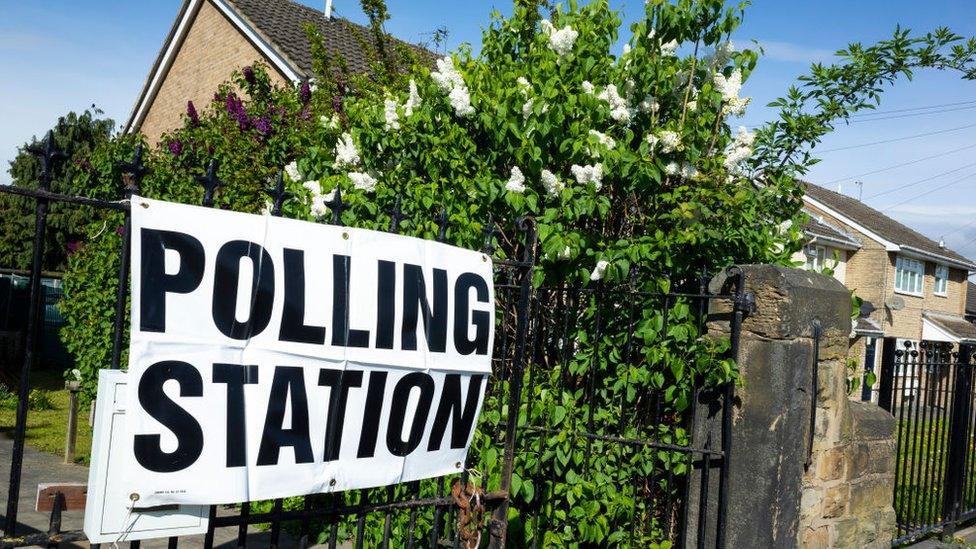### What Photo ID Is Required for Voting in the Upcoming Local Elections?
As the local elections in England approach on May 1, 2025, there has been a significant emphasis on the necessity for voters to provide valid photo identification (ID) when casting their ballots. This requirement is particularly crucial for those voting in person at polling stations, as failure to present the correct ID may result in voters being turned away without the opportunity to cast their votes.
#### Voter ID Requirements
All voters participating in this electoral event must ensure they possess an acceptable form of photo ID. This applies universally across England, including for the by-election in Runcorn and Helsby, where similar protocols will be enforced. The importance of bringing along valid identification cannot be overstated; individuals lacking the correct ID will not be allowed to vote, which raises concerns about accessibility and participation rates among the electorate.
#### Accepted Forms of Photo ID
Under the current regulations, more than 20 different forms of photograph identification are permitted. These include widely recognized documents such as passports, driving licences, older persons’ bus passes, Oyster 60+ cards, and even Armed Forces Veteran Cards, which are newly approved starting May 1. Importantly, voters are permitted to use out-of-date IDs, provided that they can be visually identified as the person depicted in the photo. This consideration ensures that individuals who may have changed their appearance or who possess older forms of identification are not unduly disenfranchised.
Furthermore, protocol stipulates that if a voter arrives at the polling station wearing a face covering—such as a mask or a religious veil—they will be required to briefly remove it for the election officials to confirm their identity against the ID presented.
#### Options for Voters Without ID
For those who do not have an acceptable form of ID, several alternative pathways exist. Individuals holding a paper driving licence can exchange it for a photocard version, or those aged 60 and over, disabled, or classified as blind or partially sighted may apply for a photocard travel pass. Additionally, individuals registered to vote without the appropriate ID may apply for a Voter Authority Certificate, a document that verifies their identity but serves as a secondary option. However, it should be noted that the deadline to acquire such a certificate for use in the May local elections has passed.
In cases where a voter’s ID has been lost or stolen, they have the option to apply for an emergency proxy vote up until 5 PM on polling day. For this to work, both the voter and their chosen proxy must be registered to vote.
#### Consequences of Not Presenting ID
It is vital for voters to be aware of the consequences of arriving at a polling station without the required ID. If individuals present themselves without appropriate identification, they will be instructed to return with valid documentation. The process for contesting a rejection of their ID also exists; the Electoral Commission, which oversees UK elections, advises individuals to report such concerns directly to the presiding officer at their polling location. Should that not yield satisfactory resolution, the matter can be escalated to the local council’s returning officer.
Recent data from prior elections indicate a relatively minor impact from the ID requirement. In the May 2024 local elections, about 0.2% of voters faced inability to cast their vote due to ID issues, and this figure was even lower during the general election, standing at 0.08%.
#### The Rationale Behind ID Requirements
The implementation of photo ID rules originated from a government initiative aimed at preventing electoral fraud which, while rare in the UK, has raised some scrutiny. Throughout the period from 2019 to 2023, there were a total of 1,462 alleged cases of electoral fraud documented, yet only a handful were related to impersonation at polling stations. As a result, advocates, including the Electoral Commission, argue for a broader range of accepted formals to enhance voter participation and allow voters to be vouched for by registered peers.
In summary, as the election day approaches, it is vital for voters to familiarize themselves with the ID requirements and ensure they are prepared to participate fully in the democratic process.



